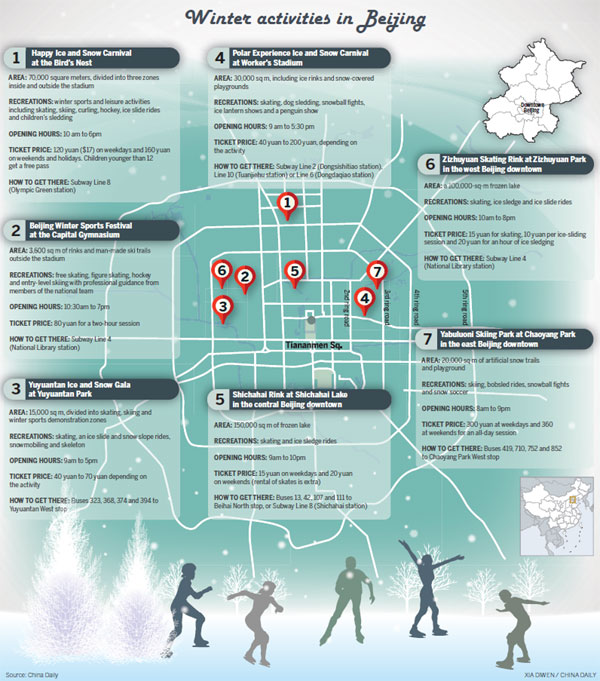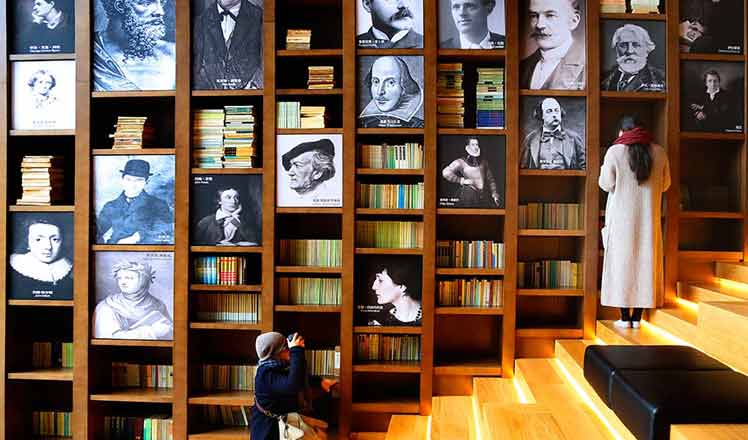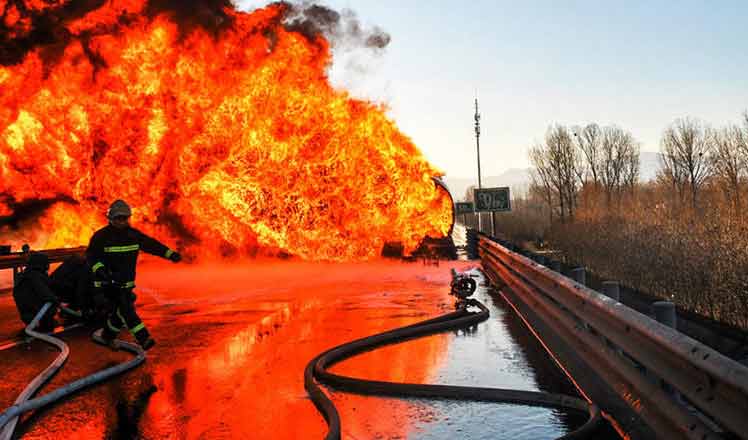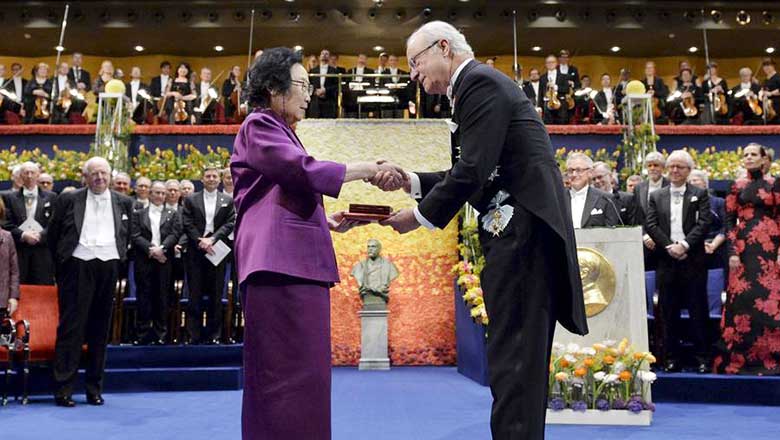Giving the cold season a warm welcome
Youth participation
China has pledged to develop prowess in winter sports by 2022 and beyond, so involving more schools in winter sports education is a priority for the authorities.
Since last year, Beijing has selected 18 schools in the city's Haidian district and in Yanqing as pilot schools offering winter sports training during physical education classes. The municipal sports bureau is proposing adding winter sports to the mandatory curriculum of the city's primary and secondary schools, although no final decision has yet been made.
The capital will also encourage schools to work with downtown skating rinks and suburban ski resorts to offer students free, government-funded, training sessions off campus, said Sun Xuecai, director of the municipal sports bureau.
So far, 10 mobile artificial rinks, which can operate in warm temperatures, have been installed in schools for test use in PE classes, according to the bureau.
Since November, ski instructors and executives from the Jundushan resort in Beijing's Changping district have visited 16 elementary and high schools and given lectures about winter sports to 6,000 students.
The first group of 200 students took a skiing class at the resort on Dec 13, and more batches will be sent to the field this winter.
Since 2014, Yanqing's No 2 Primary School has organized annual skiing camps for students at the nearby Shijinglong Resort, which provides trainers and facilities funded by the district education commission.
"Through taking part in skiing courses, our students have a better sense of winter sports. The training helps to improve their physical conditions, while toughening their minds," said Li Jun, the school's vice-principal.
China has set a goal to expand winter sports education to 5,000 schools by 2025, according to the National Winter Sports Development Plan issued in November.
However, the move has prompted a mixed reaction.
"With the Olympics coming, it's good to develop winter sports in schools, but it should not be conducted like a movement," said Tan Jianxiang, a sports sociology professor at South China Normal University.
"The officials should respect reality and the students' interests. What if the school doesn't have the facilities or students just prefer summer sports, how can you make it compulsory then?"
Ren Hongguo, head of the National Winter Sports Administrative Center, conceded that implementation of the campus promotion should be improvised when necessary.
"Overcoming the lack of training expertise and qualified staff for winter sports education is a challenge that will require cross-ministry collaboration. It's good to see that some progress has been made," he said.
With the support of the education authority, a national outline for school winter sports education is being compiled and will be published in 2018, Ren said.





















